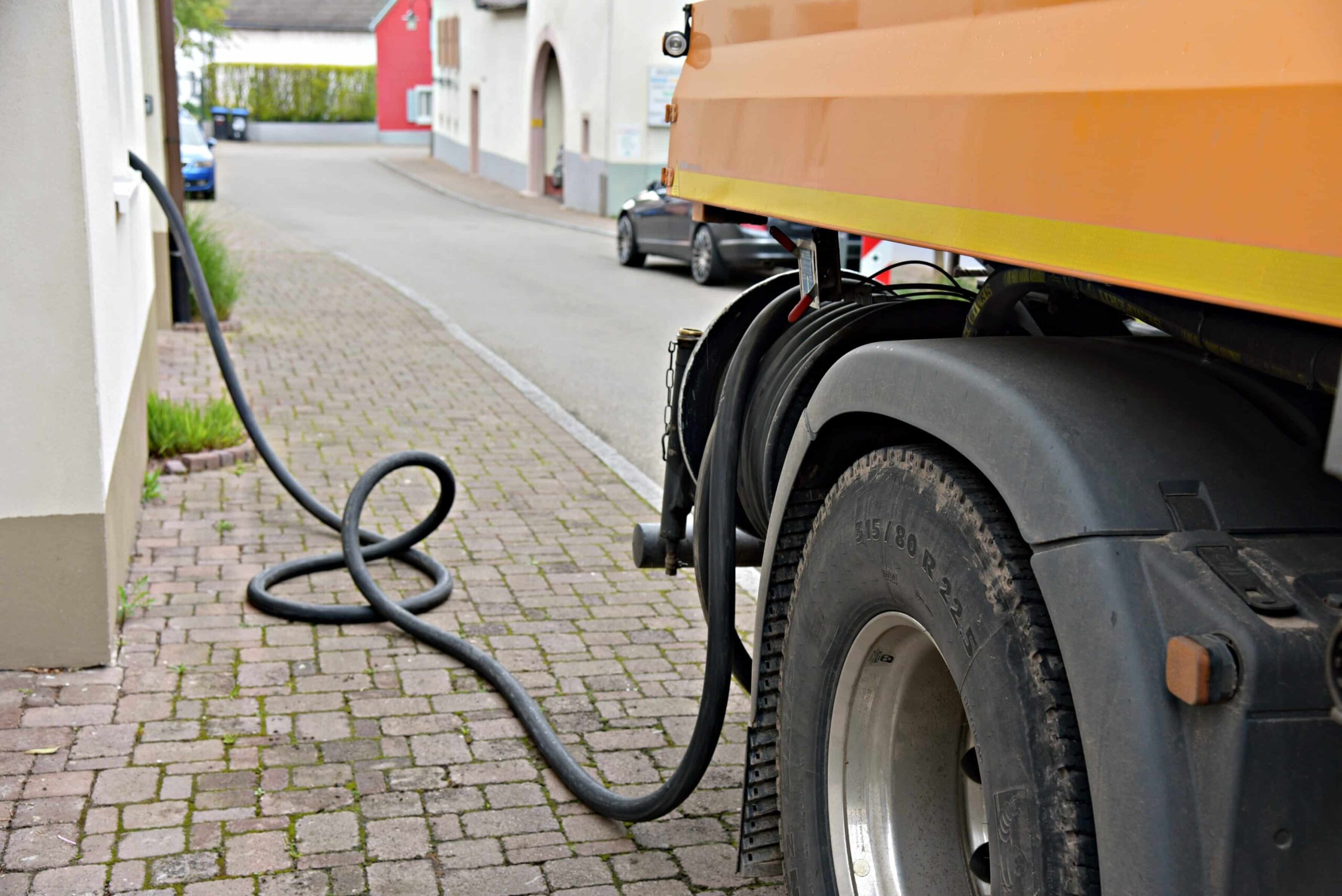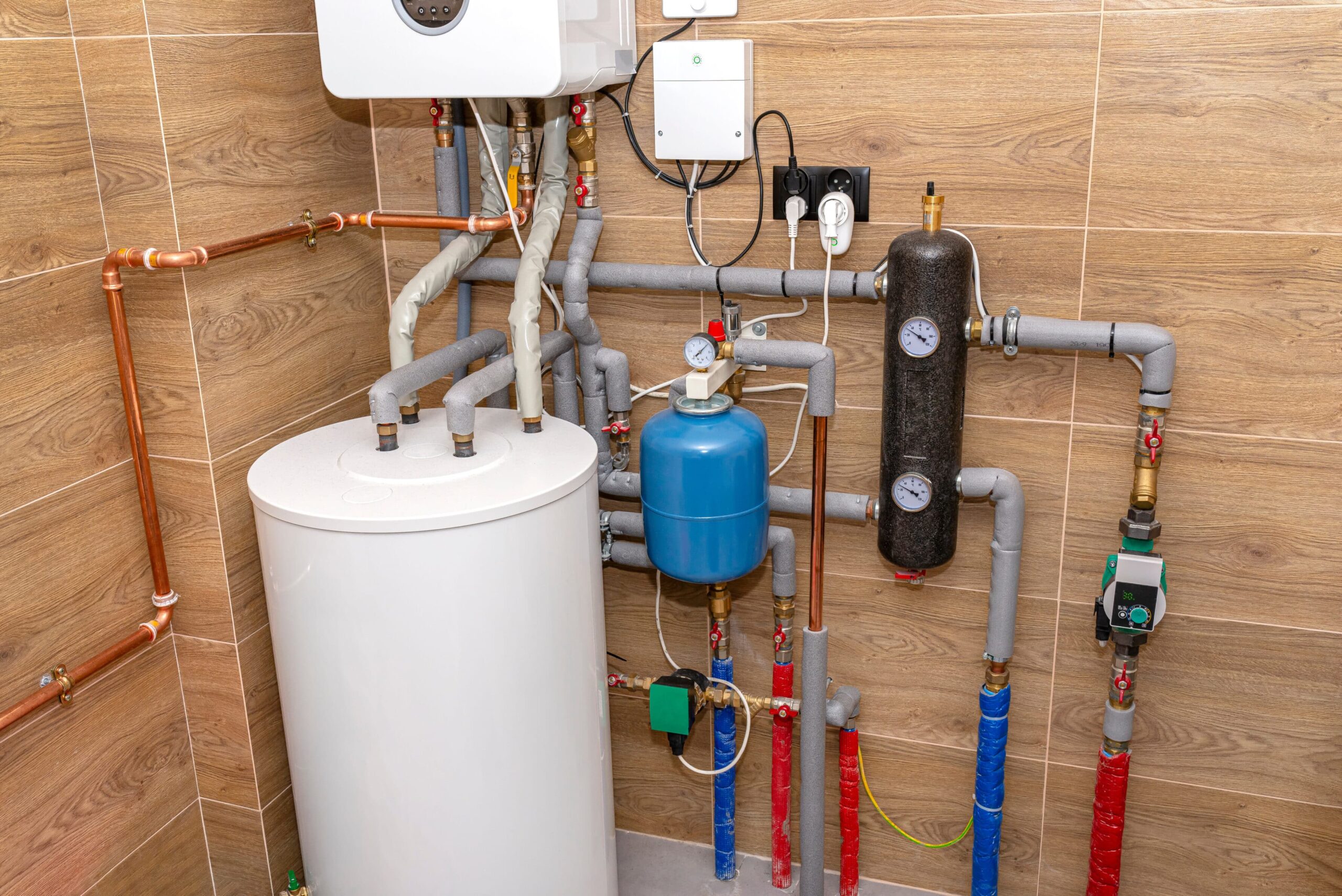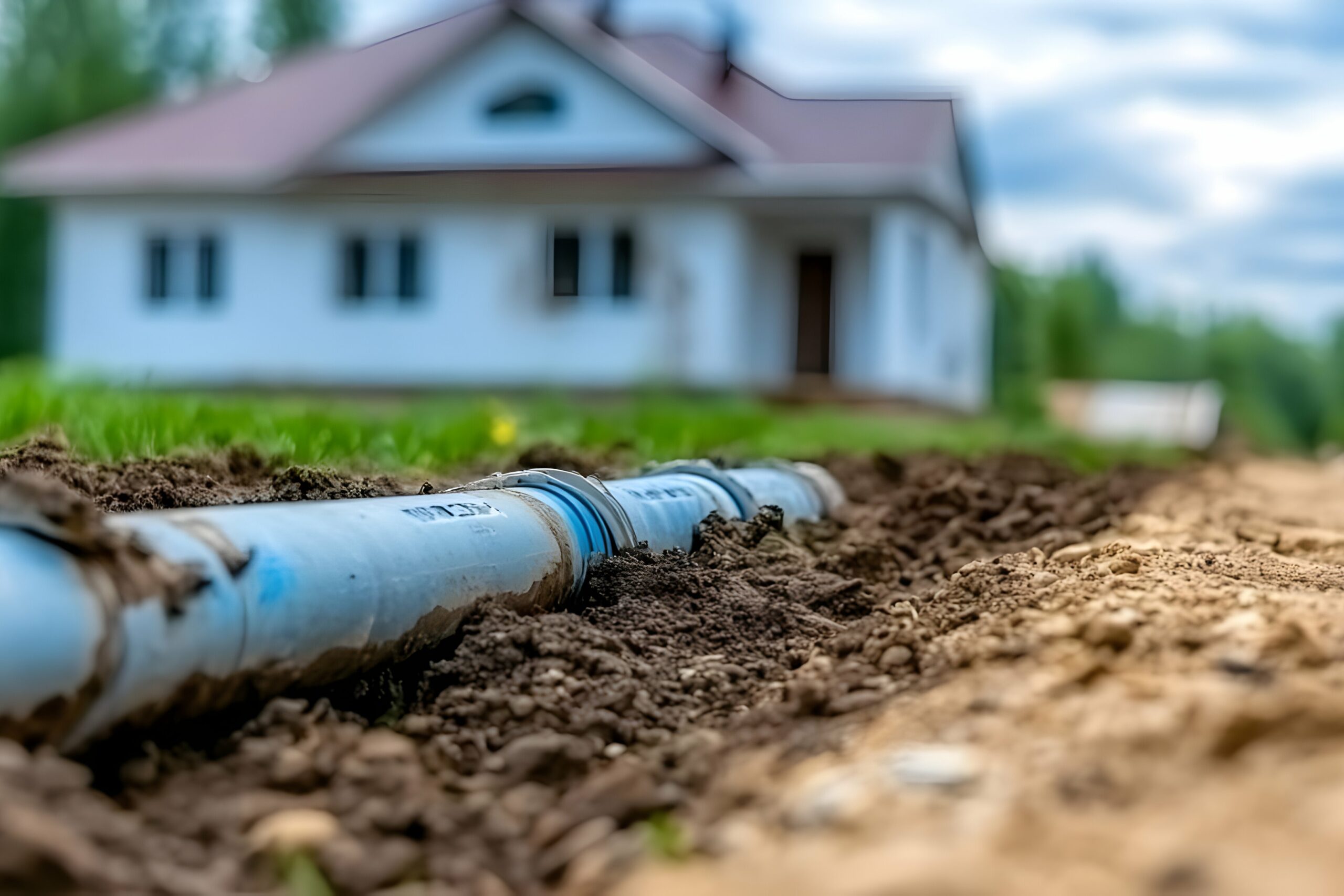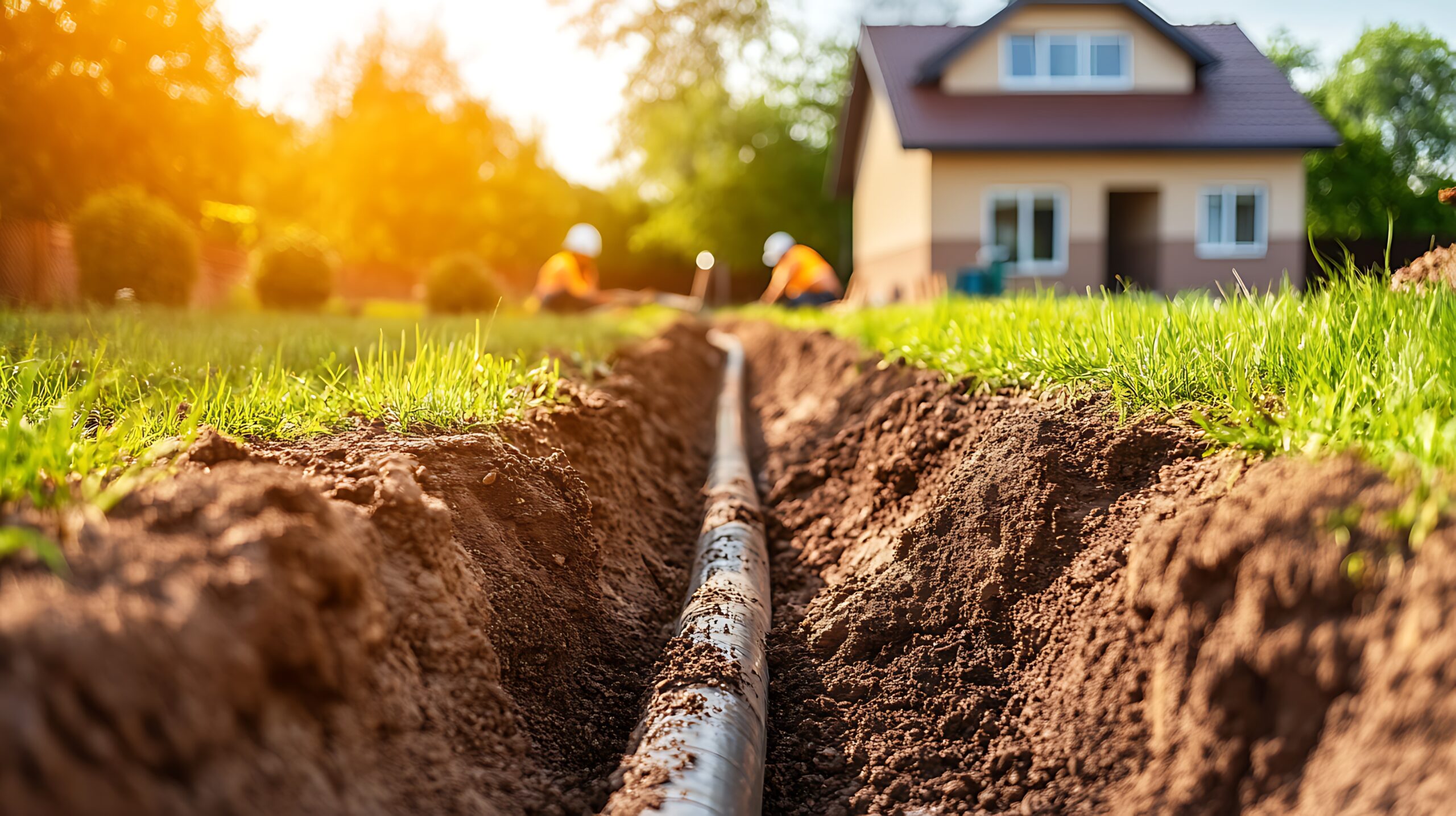|
Getting your Trinity Audio player ready...
|
Selecting the right heating system for your home can be a challenge, especially when you consider the multitude of different systems that’re available to choose from today.
Each year, thousands of homeowners decide between an oil and natural gas boiler to keep their families warm through the winter.
If you’re like most, the decision between an oil and natural gas boiler isn’t just a technical choice – it’s about keeping your family comfortable and your home running efficiently.
At Mattioni, we’ve been helping homeowners find the right boiler for generations, so we get it.
Replacing your heating system (a task you might face only once every 20 years) can feel overwhelming, but we believe that becoming informed about the benefits and downsides of each is the best way to make the right choice for your household.
In this article, we’ll explore the pros and cons of both oil and natural gas boilers. We’ll consider factors like cost, efficiency, and environmental impact. By the end, you’ll know which boiler type best suits your home, budget, and personal preferences.
The Basics of How Oil and Natural Gas Boilers Work
All boilers use combustion to produce heat that’s transferred through a heat exchanger to water, which is then circulated throughout your house and distributes warmth to keep you comfortable.
Both types of boilers are compatible with radiators, baseboard heaters, and underfloor heating, allowing you to choose your heat distribution method regardless of fuel type.
The functional difference between oil and natural gas boilers lies in the fuel supply line to the combustion chamber, as many components that manipulate the heat once it’s produced are the same.
Oil boilers rely on a nearby storage tank, typically in the basement or outside the home, whereas a natural gas boiler requires public utility access, which is only available in select areas.
While both boilers will sufficiently heat your home, the fundamental differences between oil and natural gas supply lines make for two unique experiences for homeowners. Let’s weigh the pros and cons of how the differences between oil and natural gas will impact your life.
Oil Boiler Pros: Cozy, Independent Heating
1. Higher Heat Output
One of the key advantages of oil boilers is their capacity to burn fuel at a higher temperature than natural gas. This increased heat output makes oil boilers especially suitable for colder climates, where achieving and maintaining a warm indoor environment demands more powerful heating.
The high heat intensity of oil boilers guarantees that even during the coldest winter months, your home stays warm and comfortable.
2. Improved Efficiency in Modern Units
To be clear, natural gas is the more efficient heating fuel source. But oil boilers are no longer incredibly inefficient in comparison.
In fact, many oil boilers are above 90% efficiency, which is considered a benchmark in the HVAC industry. These condensing boilers are a viable option that can reduce the frequency of oil deliveries to your home (and the bill that comes with it).
While proper maintenance is required to maintain an oil boiler’s efficiency levels, following a proper tune-up schedule with a maintenance membership can solve any potential hiccup before it happens.
3. Independence From Utility Grids
Oil boilers don’t require any sort of public access, which means you’re able to use oil for heat regardless of where you live. This independence makes them a viable option for any home, even in remote locations.
Having fuel stored on-site ensures a dependable heating source, regardless of the availability of utility services or potential interruptions.

Oil Boiler Cons: More Maintenance & Volatile Prices
1. Volatile Fuel Costs
The cost of heating oil is highly unstable due to perpetual changes in global markets and supply conditions. Most times it’s also more expensive than natural gas, making for unpredictably high utility bills at times that can cause some financial stress on a household.
2. Maintenance and Storage Requirements
Oil boilers need an on-site storage tank, which will occupy space either in your basement or yard and may be less than aesthetically pleasing. You’ll also have to keep an eye on your current fuel levels to prepare for heating season.
These systems also require diligent maintenance to avoid issues like leaks and contamination. Although all heating systems need regular upkeep, oil boilers especially rely on consistent inspections, cleanings, and tune-ups to continue to operate smoothly. If these steps aren’t taken, an oil boiler is more prone to run into problems than most other heating systems.
3. Impact on the Environment
Burning oil generates more carbon emissions than natural gas, making oil boilers a less eco-friendly choice. For homeowners who are mindful of their carbon footprint and its environmental impact, this is a major disadvantage.
4. Dependence on Fuel Deliveries
Another drawback of oil boilers is the necessity of potentially inconvenient fuel deliveries by truck. This may require scheduling deliveries ahead of time if you’re not able to set up automatic deliveries.
Plus, this dependency means there’s always the chance of running out of fuel if deliveries are delayed or disrupted by unexpected events during harsh weather conditions.

Natural Gas Boiler Pros: High Efficiency, Low Emissions
1. Higher Efficiency and Lower Operating Costs
Natural gas boilers are almost always more efficient than oil boilers, in part because they burn cleaner and convert more fuel into usable heat. Overall, natural gas has a more complete burning process than oil.
Moreover, natural gas is typically cheaper than oil, leading to lower operating costs and reduced utility bills.
2. Convenience of No Deliveries
After connecting to your municipality’s utility grid, you’ll have a continuous supply of natural gas without needing to schedule fuel deliveries. This also removes the need for an on-site storage tank and eliminates the risk of running out of fuel.
3. More Environmentally Friendly
Burning any fossil fuel is going to have an impact on the environment, but natural gas is the cleanest of the bunch, generating much lower carbon emissions than oil. This makes it more eco-friendly for the global climate, while the reduced build-up of soot and other pollutants produced when burning oil makes it the cleaner option for your home’s indoor air quality.
Natural Gas Boiler Cons: Limited Access & Upfront Expenses
1. Dependence on Public Infrastructure
One major drawback that eliminates natural gas as an option for many homeowners is its unavailability in many rural areas. This is due to utility companies prioritizing more densely populated areas.
Additionally, those who do have access are completely dependent on their utility provider, and while energy companies are almost always 100% reliable, service interruptions that could leave you without heat may happen.
Homeowners who are wary of this may want to consider heat pumps, an energy-efficient alternative that’s also eco-friendly and cost-effective.
2. Upfront Conversion Costs
For homeowners with oil boilers already installed, converting to natural gas can come with high upfront expenses. Upgrading components of the system, physically connecting to the gas line, and purchasing the new equipment all contribute to the initial cost of converting to natural gas.
Although these costs will be recouped through long-term savings, the initial investment may be substantial for some.

Main Factors to Consider When Choosing Between Oil and Natural Gas Boilers
1. Availability
If you live in an area without access to a public natural gas line, unfortunately, you won’t be able to consider it as a fuel source. Most rural areas fall into this category, but many suburban neighborhoods have yet to gain this infrastructure too. For homes in these areas, oil boilers are the feasible choice.
On the other hand, if you do have access to natural gas, you’re free to consider all the benefits and drawbacks and make the best choice for you and your home.
2. Initial Costs vs. Long-Term Savings
When weighing the realities of oil and natural gas boilers, it’s important to compare the upfront costs of converting your boiler with the long-term energy savings you’ll receive after doing so.
For homeowners with tight budgets, the initial expense might not be financially feasible, however, for others the long-term savings make it a worthwhile investment.
Be sure to explore the various financing and payment plans available to help manage these initial costs. For example, at Mattioni we offer a 12-month interest-free payment plan on all system purchases.
3. Environmental Implications
For those concerned about the impact that our lifestyles have on the environment, the carbon footprint of your heating system is an important consideration.
Natural gas emits fewer carbon emissions into the atmosphere than oil, making it the more environmentally friendly choice. However, oil boilers have improved in reducing their environmental impact, meaning a high-efficiency oil boiler could potentially be more efficient than some natural gas boilers.
If the environment is a central concern of yours, be sure to talk in detail with your HVAC professional about your efficiency options.
4. Personal Preferences & Lifestyle Choices
After weighing the differences between oil and natural gas boilers, the decision ultimately comes down to how each option fits your lifestyle.
Some homeowners may prefer the independence and higher heat output of oil boilers, especially in areas with harsh winters. Others may appreciate the convenience and lower utility costs associated with natural gas.
It’s also essential to consider the maintenance needs of each type of system. While any heating system requires regular upkeep annually, oil boilers demand more frequent attention to ensure efficient performance.
Make the Right Call for Your Home’s Fuel Source
Deciding between an oil or natural gas boiler is an important choice that’s influenced by several key factors, but it doesn’t have to be a daunting task.
By familiarizing yourself with the differences in availability, utility costs, maintenance needs, and environmental impact, you can start forming a clear idea of which option best suits the unique needs of your household.
Next, make sure to evaluate your budget – both short-term and long-term – as well as your preferences for convenience and heating performance when comparing oil and natural gas boilers. Your next step is to explore our article on financing options for new heating systems.
We at Mattioni highly recommend consulting with an HVAC professional during your boiler replacement process, so that you’ll be fully informed before making a final decision. We’ve seen hasty decisions lead to poor long-term results.
Also, don’t hesitate to reach out to multiple installation companies to gather different perspectives and gain a deeper understanding of the differences between oil and natural gas.
For answers to any remaining questions about oil and natural gas boilers, contact our friendly HVAC team at (610) 400-8510 or schedule a consultation online today.
Getting expert advice will make sure that your new system is not only tailored to fit your needs but also installed with top-notch professionalism.




